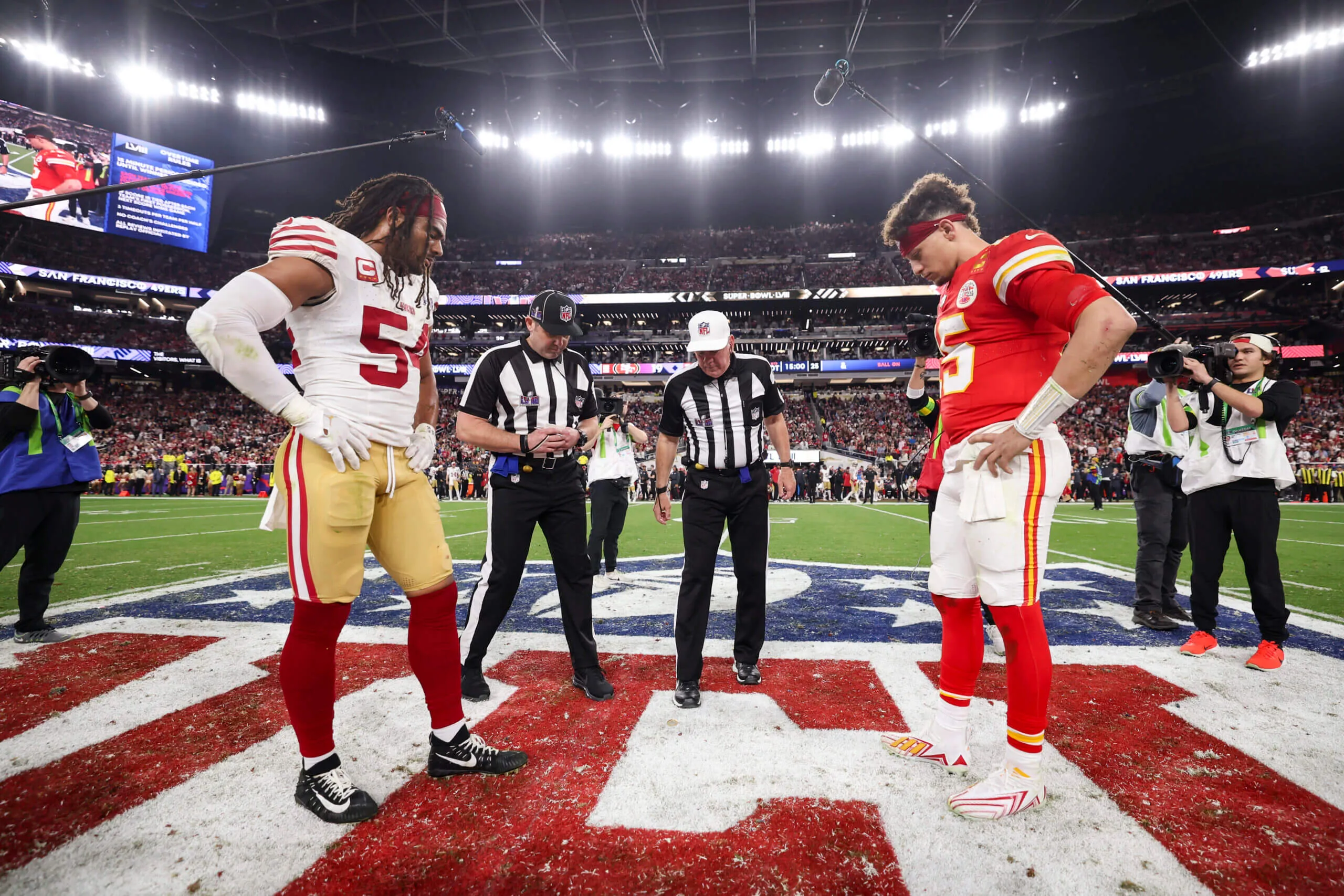This holiday season, the NFL teamed up with Netflix to deliver two of its Christmas games, turning traditional viewership metrics on their head. While the allure of cozy couches and streaming might seem like the perfect match for NFL enthusiasts, the numbers tell a different tale.
The Chiefs-Steelers and Ravens-Texans games, though performing robustly on the streaming front, didn’t quite keep up with the festive fanfare of yesteryears broadcast on traditional networks. According to reliable sources, the two 2024 games garnered an average audience of 24.2 million, marking a nearly 15 percent dip from the three Christmas games of 2023, which had a traditional broadcast audience.

The Misleading Metric of 65 Million
Caught in the seasonal spirit, the NFL and Netflix promoted a staggering viewership figure: 65 million. However, this number warrants a closer look. Typically, TV viewership is gauged by the average per minute audience—a metric that the 65 million figure strays far from.
Michael Mulvihill, a Fox executive, pointed out that the said number represents the reach, which simply indicates the total number of individuals who tuned in at any point during the game, however briefly. This reach of 65 million is notably lower than last year’s 81.4 million, shedding light on the actual shrinkage of the audience.

The Reality Behind the Record-Breaking Claims
The NFL’s press release didn’t hesitate to claim a record-breaking day for both Netflix and itself, touting an “unduplicated audience of nearly 65 million U.S. viewers,” according to Nielsen. While it might have set a record for streaming, it certainly didn’t surpass previous records set by traditional broadcast methods.
It’s not uncommon for the league and its streaming partners to play up their numbers. Remember back in 2015, during the first-ever streaming game? The viewership numbers were also inflated, showing a pattern of promotional puffery over the years.

A Call for Transparency in Viewership Metrics
The takeaway here might just be for broadcast networks to start sharing their reach numbers as well, bringing a level of transparency to the competitive field of viewership metrics. The public relations strategy seems clear: promote the most impressive number, even if it doesn’t provide a complete picture, and hope it catches on.
In an era where every viewer and every minute counts, it’s vital for media consumers and the industry to understand the context behind the numbers. This holiday season’s NFL games on Netflix serve as a perfect example of why scrutinizing the figures presented to us is more important than ever. With the evolving landscape of how we watch our favorite sports, knowing the full story helps keep the spirit of competition—both on the field and in the media—honest and exciting.

I am a writer with a passion for technology and gaming. I write about a variety of subjects, including Esports, Games, Shows, and Sports. I create engaging and informative content for Hiptoro.

